Society | Second Covid wave engulfs Nepal, restaurants and bars first to face music
A second wave of Covid-19 infections could hit Nepal, health professionals had been warning since mid-March. But the government didn’t heed their warning. Instead of deploying its resources immediately to prepare for a new surge, officials spent valuable time and resources on organizing programs to attract the masses, rather than urging the members of the public to wear masks and maintain social distancing.
When the government finally woke up from its slumber, it shut schools and colleges from April 19. Even then it took almost a week for the decision to be implemented completely. There were reports of schools flouting the government diktat even as high case positivity and even death rates were being recorded among the young population.
On the same day, the government also targeted the sector most vulnerable to any kind of government intervention. Restaurants, bars, pubs and nightclubs were ordered to shut down by 8pm every day. The decision brought mixed reaction from the general public, with most expressing concern over the implications of the decision. They don’t see a valid reason behind the decision as everything else in the country was operating like normal.
“Does corona virus spread only after 8pm?” many people questioned on social media.
Dawang Tamang, coordinator of the Night Entertainment Business Association of Nepal (NEBAN) raised the same question when contacted to get his views on the night curfew imposed on restaurants, bars, pubs and clubs.
“There is a crowd everywhere in Kathmandu. There are people everywhere. Even the government is organizing mass gatherings. The vaccine centers are crowded with no social distancing. Why only target night businesses?” Tamang asked, unaware at the time of the impending restrictions that would shut down everything “non-essential.”
Tamang also informed that restaurants and bars in Durbarmarg and Thamel employee around 14,500 people who will now suffer the consequences of the restrictions. The revenue generated by these businesses amount to billions of rupees per annum. And the investments are huge. “Still, instead of letting us operate with safety measures and in half the capacity, the government decides to shut us down before everything else,” Tamang says.
The idea to shut down restaurants and bars did not go will with most of the businesspersons involved. It was counter-productive, and confusing, most people ApEx talked to said. Only this week, popular restaurateur Tasneem Sahani took to Facebook to vent her frustration.
“Does anyone have a clue as to why the police came today at 8pm and shut everything down at Jhamsikhel?” she wrote, explaining that the police enforced a curfew, forcing everything including grocery shops in the area to shut down. Sahani knew that restaurants had an 8pm deadline for dining-in, but was under the impression that deliveries and takeaways were allowed till regular hours.
The confusion over deliveries and takeaways for restaurants is still rampant as Kathmandu braces for restrictions. If the restaurants are allowed to deliver and open for takeaways, will their staff be allowed out on the streets with their vehicles? They have not been told yet and will probably will find out only when their vehicles are confiscated.
‘Confusing’ is the state-of-affairs for most businesses in the present situation. Event manager- turned-restauranteur and club owner Ritesh Marwadi, who operates four different properties in Thamel and Lazimpat, is not sure if his businesses will ever recover from the losses. Marwadi co-owns two restaurants in Thamel and one in Lazimpat, with investments of over Rs 10 million each. His recently opened “Sugar Club” in Thamel was built on an investment of over Rs 40 million.
 Ritesh Marwadi
Ritesh Marwadi
As for monthly expenses, Marwadi employees a total of 50 plus staff and including rent and other expenses, the expenditures come around Rs 2.2 to 2.3 million per month.
“We were told to shut down the club, which we were ok with to some extent. But forcing us to shut down our businesses by 8pm meant that we would not even make a fraction of our required daily sales,” Marwadi complained. Many popular restaurants in Kathmandu have food as their unique selling points. These restaurants can survive, if necessary, on takeaways and deliveries alone. Unfortunately for Marwadi, his restaurants thrive more on the ambience they offer than the food. His restaurants run at night only.
In an interview taken before the government imposed the restrictions in Nepal starting April 29, Marwadi gave the example of Irish Pub at Lazimpat, one of the restaurants he operates. The restaurant opens only at around 5pm. “Just the other day, we had one single guest who came in at 7pm and ordered beer and fries. He was just enjoying his order when the police came in at 7:30pm,” Marwadi narrated, “The customer panicked and left. The total sales that days was just over Rs 900.”
When the deadline for restaurants is 8pm, police start making their rounds almost an hour earlier, which startles the guests. Marwadi, along with many other businesses, request the government to let them operate till at least 10 pm. In return, they assure that they will maintain all safety protocols and operate in half capacity to facilitate physical distancing.
“Instead of enforcing restrictions on us and locking us down, the government should have locked the borders and stopped people coming from India,” Marwadi concluded, “With the country openly exposed at the borders, and by air travel, we will not achieve anything.” With his restaurants not opening for deliveries due to the restrictions, Marwadi is focusing on his commerce business for now.
Julia Shah, event promoter at Club Platinum is now unemployed because of the prohibitory orders. She feels that the government is repeating the same mistake it did last year. Instead of focusing on shutting down the borders and protecting the country, the government is doing the opposite.
Julia Shah
“Restaurants and club businesses are not only for entertainment. They employee so many people and contribute to the economy,” Shah says, “These restrictions just forced us towards unemployment. We could have operated with social distancing and safety measures instead of just shutting down everything for months.”
Restaurants and bars not only employee staff in the kitchen and services department but also contribute to the monthly earnings of people of other professions as well. Musicians, DJs, dancers, drivers, security guards are just some of the professions that are tied up with restaurants and bars.
“Because of the nature of our businesses which involves high movement of people, we become an easy target for the government. The government had to do something as the infection rates got higher, they decided to impose restrictions on us to show they are concerned,” says Shree Gurung, event manager and restauranteur.
Gurung, who is also active in raising social awareness and continuously posts about Covid-related issues, is of the opinion that given to the situation, the government’s decision cannot be taken too harshly. With the second wave, Nepal might surpass the infection records of last year and is still unprepared for the pandemic.
“I personally feel the decision is alright, albeit not enough. We should take a break in this situation. To deal with the pandemic, businesses like mine take collateral damage,” Gurung says.
The collateral damage could mean a huge loss to businesses and cause massive unemployment. Employing around 300 staff on a regular basis, besides creating opportunities for musicians and performing artists, restauranteur Karish Pradhan sees the future bleak.
Pradhan’s five restaurants, all upmarket properties with individual investments of around Rs 20-30 million, might not see through the end of the pandemic, he says. His monthly overhead expense is around Rs 500,000-Rs 700,000 for each restaurant.
Initially, Pradhan was miffed at the government for only imposing the 8pm curfew on restaurants without any other measures to curb the infection spread. “Our main source of income is liquor sales. Sixty percent of the business takes place after 8pm. With the 8pm curfew, the guests do not bother to come any more. Also, takeaways and deliveries cannot generate the operational costs,” Pradhan had told ApEx before the prohibitory orders were announced.
Post prohibition, Pradhan has a changed stance. He welcomes the new regulatory orders and says it was important for the government to impose strict measures to curb the spread of the virus.
Pradhan informed that he will shut all his restaurants, since takeaways can’t cover even the operating costs, for the whole period of the ‘lockdown.’
“Money is not the only issue, we have to play our part as citizens too,” Pradhan said, also informing that his sixth and newest property in Lazimpat could not even host an opening night because of the restrictions.
Society | Mental illnesses explode as the pandemic tightens its grip
Nepal is sitting on a mental health time bomb. According to Niti Foundation’s new ‘Youth Anxieties, Perceptions, and Activism’ survey, of the 2,000 youths (1,100 men, 990 women) aged 18-40 surveyed across all seven provinces, 84 percent reported being anxious due to the Covid-19 pandemic.
The level of anxiety was more or less the same across caste and ethnic groups, and between men (83 percent) and women (85 percent). The level of education had little impact as well. Nearly half of those working, both in formal and informal sectors, reported moderate levels of anxiety, while nearly a third of them reported high anxiety levels.
“During the 2015 earthquakes, around 70 percent people directly affected by them reported mental health issues,” says Jagannath Lamichhane, a mental health campaigner who is also the coordinator of the Niti Foundation survey. “The impact from the Covid-19 is much bigger. This time they are not just worried about their health but also about their future economic status.”
Dr Saroj Prasad Ojha, head of the Department of Psychiatry and Mental Health at Tribhuvan University Teaching Hospital at Maharajgunj, says the survey’s findings are in line his observations. “I too have seen a significant increase in cases of anxiety in the 18-40 age group.”
Why so? “This age group closely follows local and global media and is greatly concerned not just about their health, but also about the security of their jobs and education,” says Dr Ojha. Hence the increased anxiety levels. Since the start of the Covid-19 pandemic in Nepal Dr Ojha has also seen an alarming rise in cases of depression, substance abuse and sleeplessness.
Lamichhane points to another important part of the survey report. It shows that the youths who report the highest levels of anxiety are also the most dissatisfied with their government. “They are angry that the politicians are doing nothing to improve their situation,” says Lamichhane.
Lamichhane says the government needs to do more and many youth need immediate economic support. “Even in our neighborhood, India, Sri Lanka and Pakistan have done a lot more to support their Covid-affected people financially than has Nepal,” he says. Lamichhane says the government should also make greater use of social media to spread positivity in place of the toxic news that pervades it right now.
Dr Ojha says the government can help by disseminating content emphasizing healthy lifestyle choices. For instance, the anxious folks should be encouraged not to spend too much time online, to keep their social connections intact and maintain a healthy lifestyle. If they do these, most of them will need no medication to be cured.
The psychiatrist says it is not difficult to find professional help if you keep looking. Even during the times of restricted public movement, people can arrange online counseling and consultations.
LGBTIQA+ community of Nepal: Life on the margins
Nepal is the first South Asian country to recognize transgenders. In 2010, the Election Commission added the ‘third’ option to voter rolls. It was replicated in immigration forms soon after. In 2011, the country became the first in the world to include a ‘third gender’ in its census. In 2015, passports had the option of a third gender and the constitution too, in the same year, addressed the rights of LGBTIQA+ people in Articles 12, 18, and 42.
With the recognition of third gender and legal provisions, Nepal’s LGBTIQA+ community has been granted social and political rights. Compared to the rest of South Asia, Nepal seems to have made a lot of progress.
Unfortunately, much of it is limited to paper.
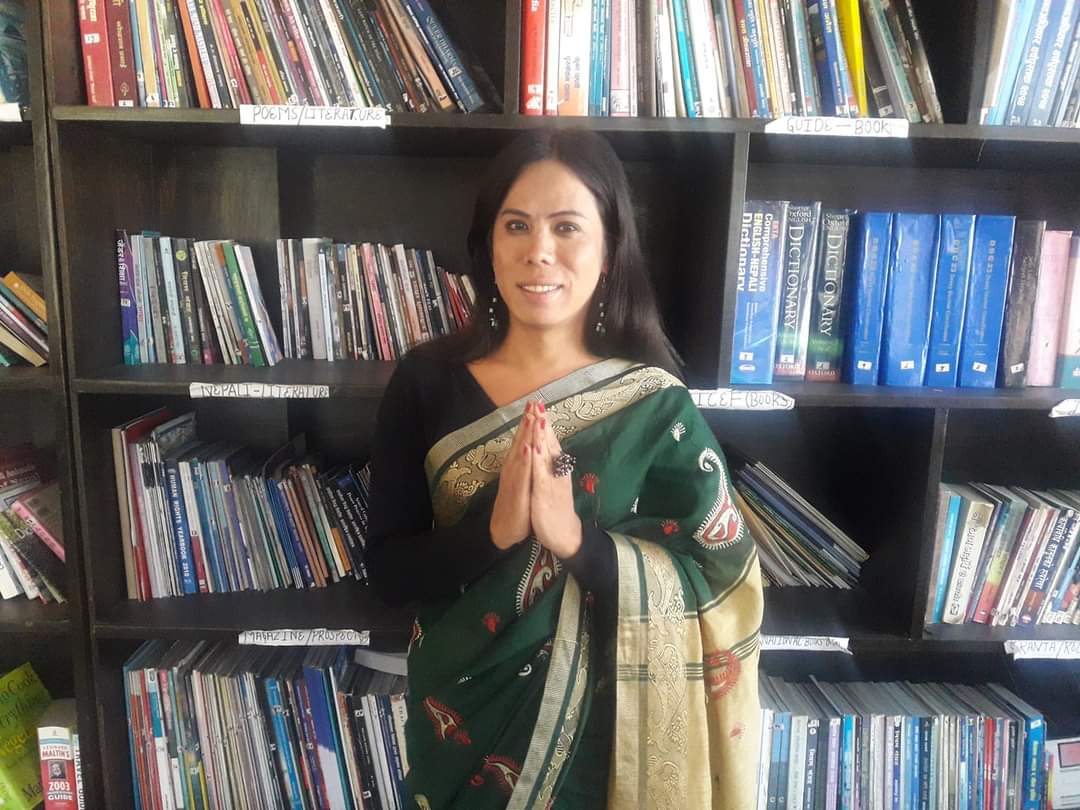
Pinky Gurung
Pinky Gurung, president of Blue Diamond Society, Nepal’s oldest queer rights organization, says Nepal might have garnered a lot of fame and appreciation for its progressive LGBTIQA+ laws but the reality is far from rosy.
“The implementation of laws is weak. So, our lives are no different than they were 10 years ago. Actually, it’s even more difficult today because we are caught in a system that must legally recognize us but doesn’t,” says Gurung.
Though the constitution has granted LGBTIQA+ community equal rights—it states no individual shall be discriminated on the basis of gender—in reality, everywhere preference is still given to men and women. ‘Others’ are just that, others. This has led to an identity crisis, stemming from lack of dignity.
Insensitive dealings
Bhakti Shah, transgender activist, says Nepal government has time and again tried to address LGBTIQA+ issues. There have been some major accomplishments but the laws aren’t clear and sometimes that complicate things.
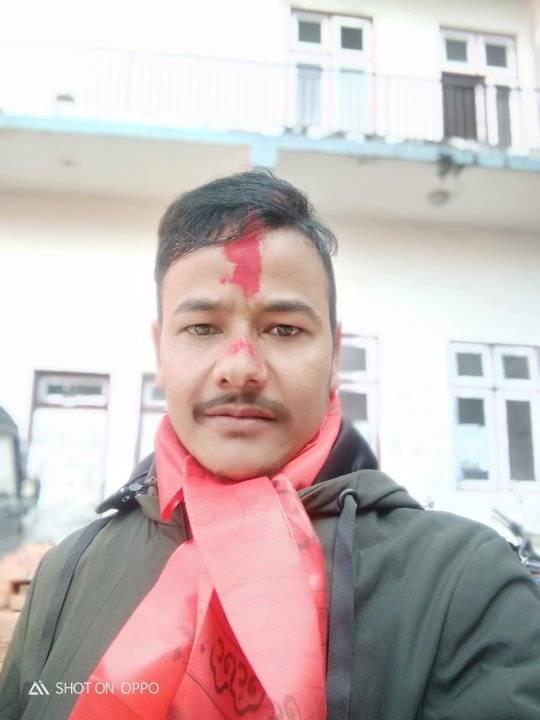
Bhakti Shah
Take for example something as basic as acquiring a citizenship that most of us consider a birthright. Though it’s possible to obtain a citizenship identifying as ‘others’ instead of the standard male or female, there are issues that make it a herculean task. Recently, the government passed an order whereby a sex change operation certificate became mandatory for people of LGBTIQA+ community to obtain citizenship.
“It’s difficult for LGBTIQA+ people to get work. Most have a hand-to-mouth existence. How will they afford such an expensive surgery?” says Shah.
However, it isn’t just a matter of expense as these complicated, often life-threatening surgeries are mostly done abroad. It’s also about choice, says Shah. Some might not want to undergo these complex procedures. That’s not taken into consideration.
Gurung laments LGBTIQA+ people have become political agendas, face police brutality, societal scorn, and are seen as bad examples. Equal treatment is a far-fetched dream as sexual and gender minorities are dehumanized on a regular basis. It happens everywhere, she adds, and LGBTIQA+ people are struggling socially, mentally, and economically.
“We still face a lot of challenges in every aspect of life. There isn’t a safe place where we feel like we belong,” says Gurung. People of the community just don’t have the options available to men and women. It’s also unfair to expect them to compete with the general population when they haven’t been given the same opportunities in life.
Hassles and humiliations
That’s perhaps why Neelam Poudel, makeup artist, transgender model, and social activist, is adamant about creating opportunities for herself. She realized early on that, outwardly, people appear to understand and accept LGBTIQA+. But the truth is they often have deep-rooted biases that are hard to shake off.
Poudel says she has made a lot of ‘friends’ over the years. They all said they would fight for her cause and help create an empathetic environment for transgenders. But only a few of them showed up when she put in a lot of effort and organized a fashion show, ‘Neelam’s runway’, in March 2021.
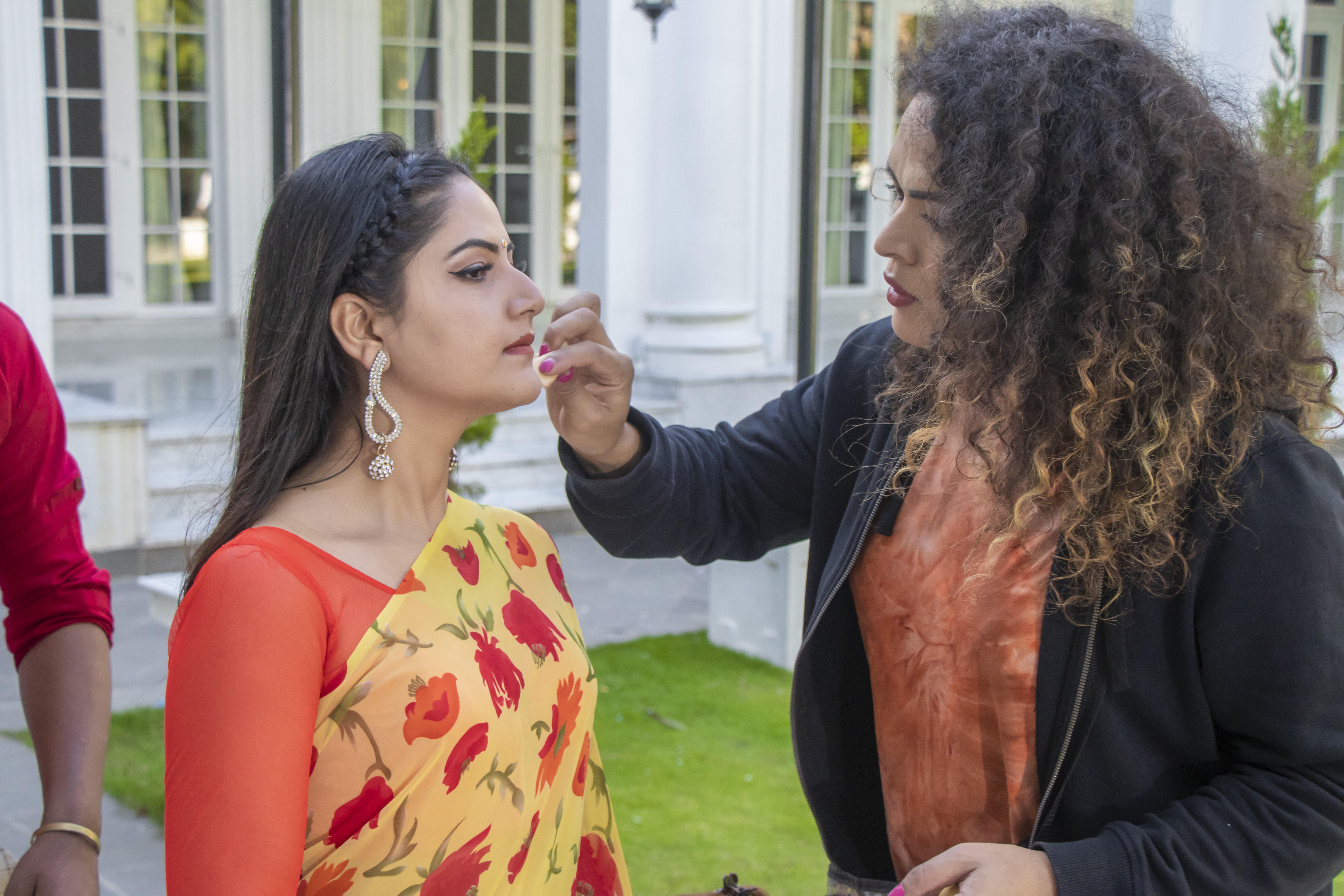
Neelam Poudel (right)
“The negativity will only make me work harder and create a name for myself. But that might not be the case for many LGBTIQA+ people who are ostracized by their own families and are struggling to survive,” she says.
At the National Human Rights Commission (NHRC), Undersecretary Manju Khatiwada has similar sentiments. LGBTIQA+ people are mistreated everywhere and it begins at their own homes. She has seen it happen all too often. It’s a sad reality, she says.
During the Covid-19 lockdowns, Khatiwada says there were 16 reported cases of suicide in the community. Some felt trapped within their homes where they were misunderstood and unwanted. They were coerced to ‘be a man’ or ‘act like a woman’ and/or get married. Others didn’t get basic support—that was given to most daily wage earners—from the government as their identification documents weren’t considered authentic.
Shah says the lockdown was a time of a lot of hassle and humiliation. First, proof of citizenship was made compulsory to get government aid and many didn’t have that. Second, those who had the document found it difficult to prove it was theirs. The only way out of this conundrum for some of his friends, he says, was to end their lives.
“A woman’s name accompanies a man’s photo and vice versa in most citizenship documents of the 300-odd people who have managed to get them till now. It’s a bit confusing,” he says. Moreover, he adds, hormones have thickened or loosened their voices, making it difficult for people to identify them unless there are aware of their circumstances.
Sometimes people are shocked by our existence and it shows on their faces and demeanors, he adds.
Problematic mindset
Khatiwada says members of the LGBTIQA+ community didn’t get access to government quarantine facilities in various parts of the country during the pandemic. The reason: the authorities couldn’t determine or decide where to keep them. What we saw then, she says, was a massive violation of basic human rights and dignity.
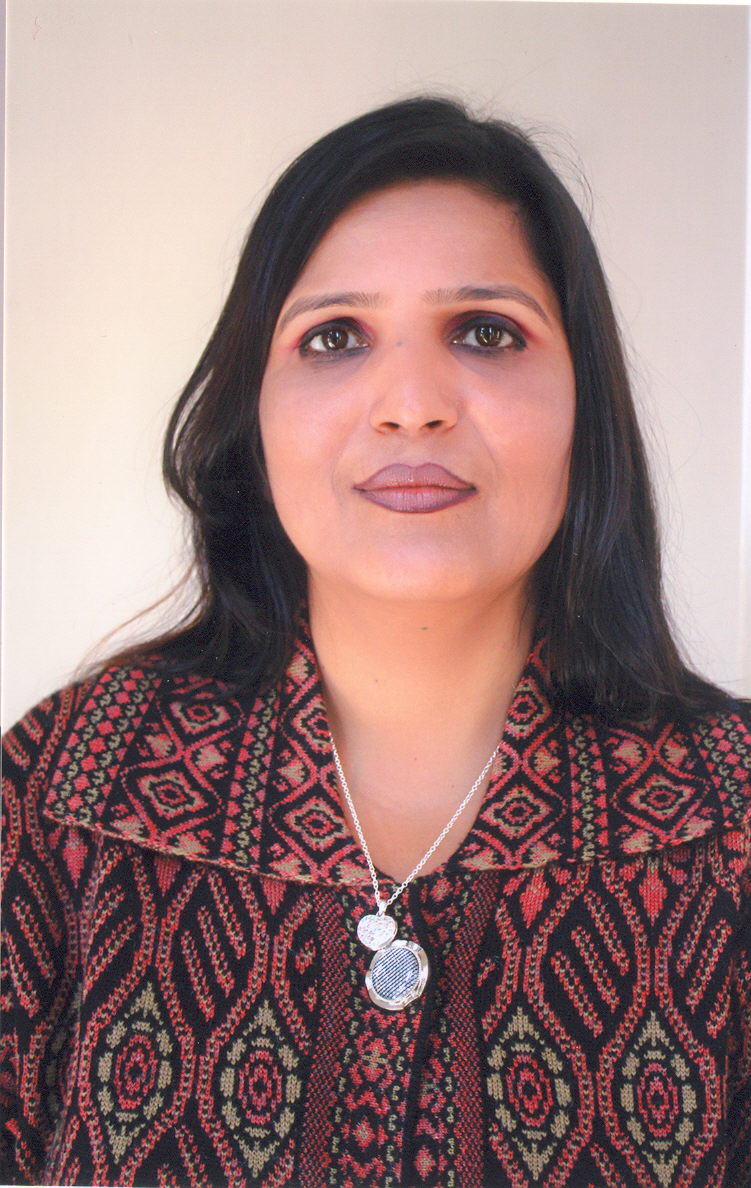
Manju Khatiwada
“The main problem is that they still aren’t treated as humans. There is a lot of discrimination and the society looks down upon them. The laws haven’t improved their lives,” says Khatiwada.
Sunita Lama, LGBTIQA+ rights activist, believes the problems arise because the government doesn’t take this section of society seriously. She agrees with Shah and says their issues are continually brought up in parliaments, ministries, and courts. But things get stuck because of protocols and authorities’ indifference and inability to come to a decision.

Sunita Lama
For Lama, what’s even more disheartening is that there seems to be absolutely no change in people’s mindset. Things, she says, were different two decades ago. There was no internet and people had limited ways to get information. Now, they have access to so much content. It’s surprising they are still oblivious about LGBTIQA+.
This hints at a deeper problem, says Sarita KC, executive director at Mitini Nepal, an organization lobbying for the rights and dignity of lesbian, bisexual and transgender people. Though Nepal has come a long way from the time homosexuality was a criminal offence, the society is still apathetic because it’s adamant about adhering to strict gender norms.
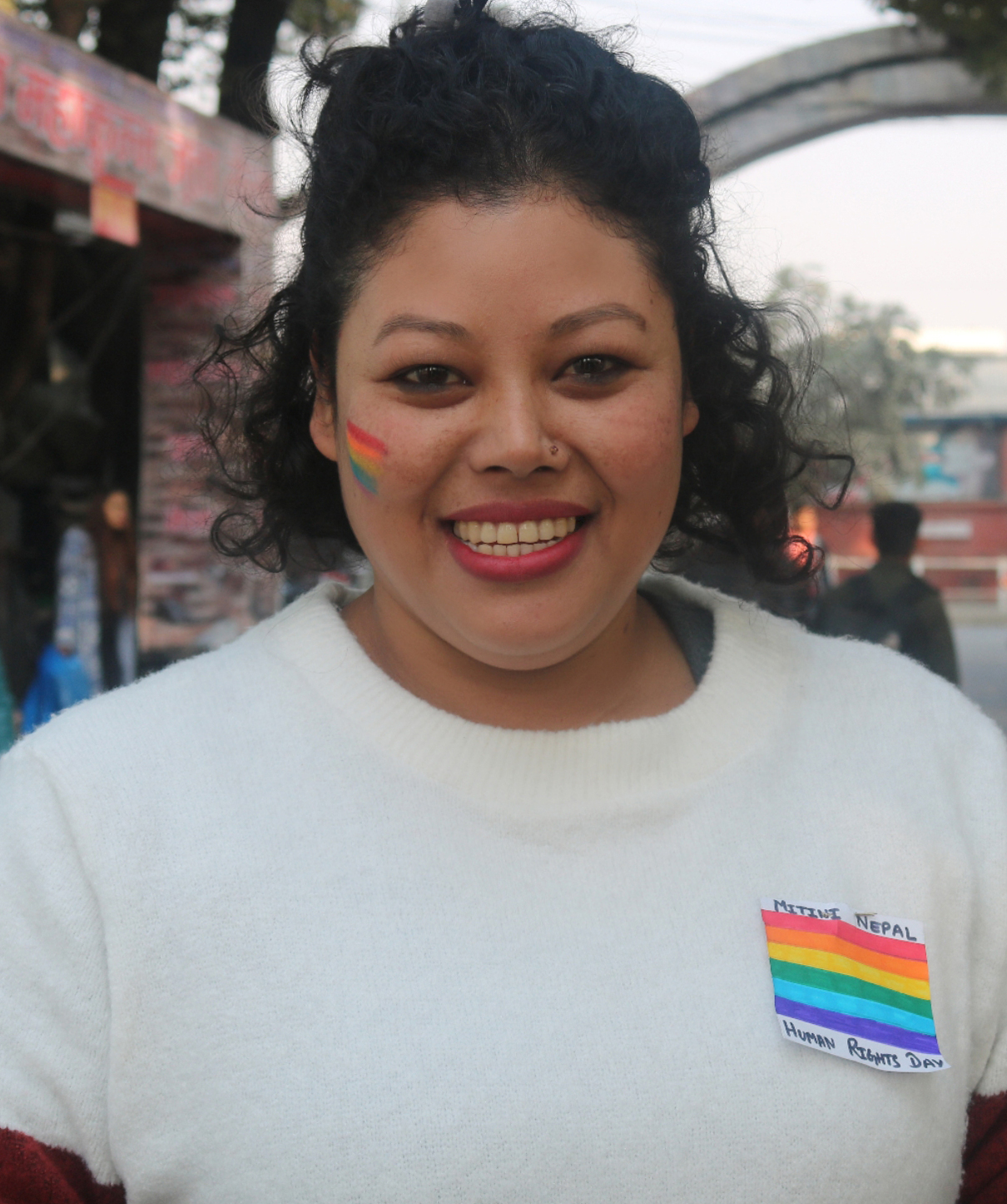
Sarita KC
“Attraction is thought to happen only between a man and a woman. A man liking a man or a woman liking a woman is considered disgusting. Children are still told its bad,” says KC.
Then there’s the issue of representation. LGBTIQA+ voices don’t reach rule makers because there is not a single person from their community in places of power. The problem, KC adds, is that most people who make the rules neither understand their issues nor do they care, often finding them ‘unnatural’ and thus only worthy of contempt. This disregard stops them from treating LGBTIQA+ people as humans, forget equals.
Step at a time
Raunaq Singh Adhikari, an advocate with Kantipur Law Associates, says there is a need for greater sensitivity in dealing with the issue. The law clearly states everyone is equal irrespective of who they are. The problem is our collective failure to emphasize oneness and treat people with compassion.

Raunaq Singh Adhikari
“I would like to tell people of the LGBTIQA+ community to not lose hope. The law is never static. It’s ever changing. And we live in a democratic society where you have the power to change what you don’t like,” he says.
His suggestion is to lobby for change, but to do so in a way where you aren’t trying to move a mountain all at once. It would be best to focus on one problematic area and work on fixing a single thing at a time. He gives the example of the ‘Sunil Babu Pant vs. Nepal government’ case of 2007 that mandated that the country would recognize all its citizens without exceptions.
The loophole in that ruling—the basis of many legal amendments to finally include LGBTIQA+ people in the constitution—was that non-binary identities, and there are many, weren’t properly defined. Also, sexual orientation was used to determine gender identity when these are two completely different things. There are many issues that need to be fixed, says Adhikari.
“But LGBTIQA+ issues can’t and shouldn’t be addressed in isolation, with each government body doing its own thing. There needs to be an integrated social, political, and legal approach,” adds the advocate.
But, above all, the people ApEx spoke to for this story believe the responsibility to create an LGBTIQA+ friendly community lies on each and every one of us. The key is accepting that gender is manmade but nature is not and learning to co-exist by embracing our differences.
Society | Caste discrimination still prevalent in Karnali
Mamata Sunar of Birendranagar-6, Surkhet, in Karnali Province still has to endure caste-based discrimination in her daily life. She is discriminated against by non-Dalits in the neighborhood.
When she crosses paths with her neighbors, they sprinkle gold-infused water on it before walking. In the public wells and water-sprouts, Mamata only gets her turn after the so-called higher castes have filled their utensils.
The law does not recognize the insults and discrimination suffered by Mamata. Mamata, born into a Dalit family who have been given the tag of low-caste for centuries now, has had to endure the curse of untouchability in her village and community. “The books of law say Nepal is free from untouchability, but in practice, it is still prevalent. Dalits like myself are discriminated against in our own localities,” she says.
The sufferings of Batuli Sunar from Birendranagar-2 are similar. Even though the law prohibits any discrimination based on the caste system, the community she lives in has not accepted it. “We have to be careful not to touch others while walking on public roads,” Batuli says. For her, the discrimination laws against Dalits are as good as non-existent. It is because of non-implementation of laws at local levels, she believes. “The law is limited to paper and has never been applied in practice,” Batuli says, “When the state does not implement the law properly, the perpetrators are not punished and we have to suffer eternally.”
“The government only makes laws but doesn’t enforce them in practice,” adds Shanti Badi of Birendranagar-11. “While the government is silent, caste discrimination is same as it was in the past. Non-Dalits are taking advantage of them being so called high-caste.” The laws against caste-based discriminations are not being implemented due to the incompetence of the state, Shanti believes.
Lal Bahadur Nepali of Birendranagar-11 agrees with Shanti. The law has always been systemically discriminatory against Dalits, he believes. “Even when Dalits go to seek justice, they do not get anything. Police and CDOs do not register cases of caste discrimination in collusion,” he says.
Ratna Badi, a resident of Birendranagar-6, complains that discrimination against Dalits have not ended because of the state alone. “Many rules have been made to eliminate discrimination, but the state never implements them properly,” she says. “Because of the state, the Dalits have been living in humiliations for years. If the state doesn’t pay heed to us, who will listen to our pain?”
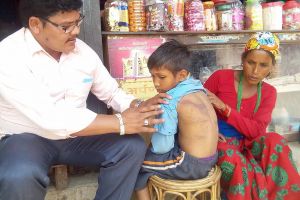
A Dalit child who was beaten for entering the kitchen of a non-Dalit some time ago in in Barahatal of Surkhet | Annapurna File Photo
Dalits are still discriminated against and insulted in public places, communities and neighborhoods because of their caste. Despite increasing public awareness about caste-based discrimination, discrimination against Dalits has not ended yet. Dalit rights activists claim that the nexus of caste discrimination has not been broken in the communities even now. This is the reason why non-Dalits have not stopped attacking Dalits, they say.
Even now, in most places of Karnali, Dalits are despised and humiliated in water sprouts, schools, roads and also at the policy making level of the state. Even the Dalit people’s representatives at the local level are falling prey to systemic casteism.
Karnali State Assembly member Sita Nepali says, “After federalism, there was a political change in the country, but there was no change in the attitude towards Dalits. Due to non-implementation of discrimination laws, we have not been able to enjoy the rights and entitlements given to us by the constitution.”





















